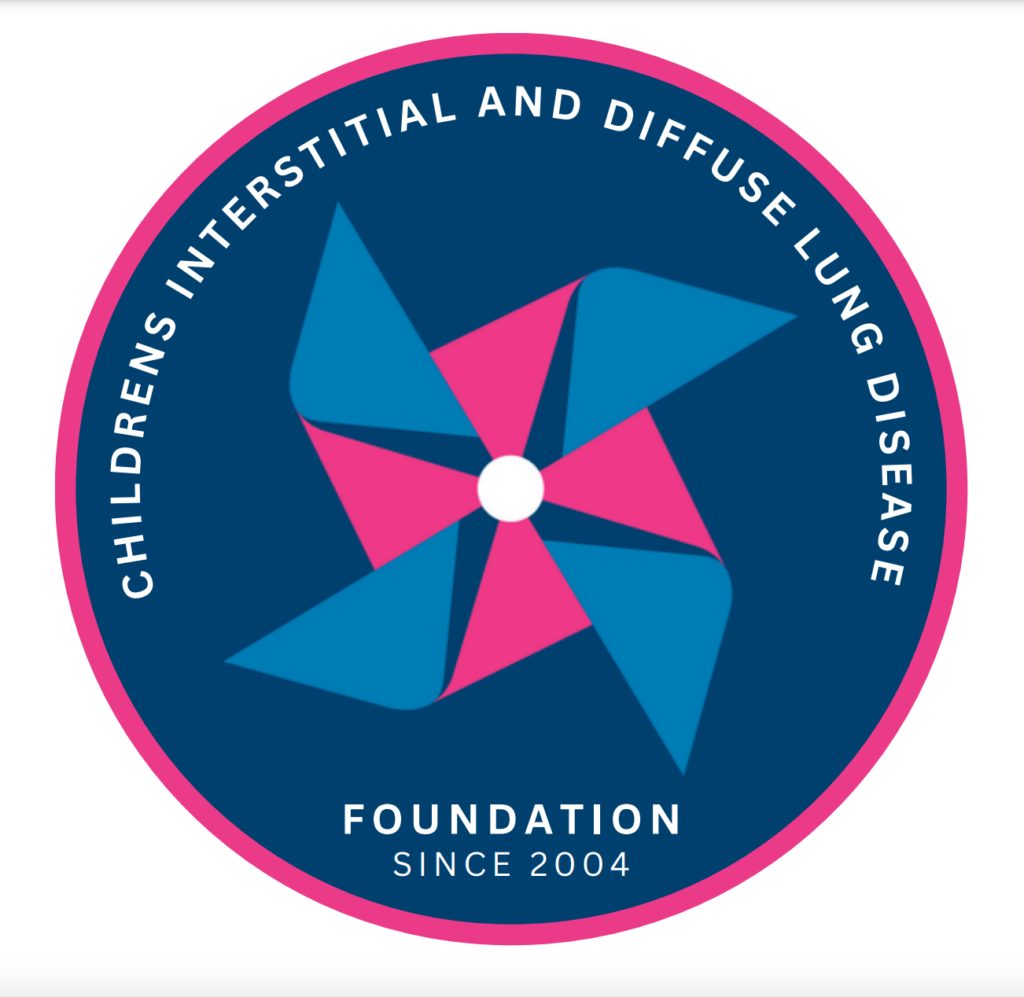What is alveolar simplification?
Lungs start to develop early in pregnancy. They continue to grow during childhood and don’t stop until adulthood. It is important that the airways, air sacs, and blood vessels are lined up in the right way. See the section on normal lung development to learn more.
Alveolar simplification happens when the lungs do not develop normally. The structure of the air sacs is abnormal. They may be too big or there may not be enough. This makes it harder for the lungs to move oxygen to the body. This can also be called alveolar growth abnormality.
Babies with alveolar simplification can have trouble breathing. They can have low oxygen levels. Children with mild alveolar simplification may just have trouble breathing with illness.
Diagnosis:
Alveolar simplification is possible when babies have trouble breathing or low oxygen levels.
- A chest x-ray could look normal.
- A lung scan (Chest CT) may show signs of abnormal lung development.
- A heart ultrasound (ECHO) might show high pressures in the heart.
- Lung Biopsy is sometimes needed for the right diagnosis. This will show abnormal lung structure. The air sacs may look too big or too simple to work well. The blood vessels and airways are usually normal.
Alveolar simplification can happen in babies with heart problems and genetic syndromes (like Trisomy 21).
Treatment:
Treatment of alveolar simplification is to support breathing. Babies might need help with oxygen or positive pressure. They may only need help during illness or with sleep. Nutrition is important to help babies (and their lungs) grow.
What does alveolar simplification mean for my child?
Each baby is different. They can have mild problems that just need oxygen when sick. They may need oxygen and positive pressure all of the time. Your medical team will help you learn what your baby needs.
It is important to protect your child’s lungs from infection by making sure they get the recommended vaccines.
What to watch out for:
- If your child is working hard to breathe, talk to a health care provider. If possible. ask to see a lung specialist who is experienced with these conditions.
- Try to prevent infections from common childhood illnesses. Wash your hands often and ask your friends and family to let you know if they are sick before they are around your child.
Get your child’s vaccines and yearly flu shot.
This information is for Educational Purposes only. It should not be used as a substitute for the medical advice of one’s healthcare provider.
Sign Up on our website for information about events and to communicate with other families.
Author(s): Reviewer(s): Version:
